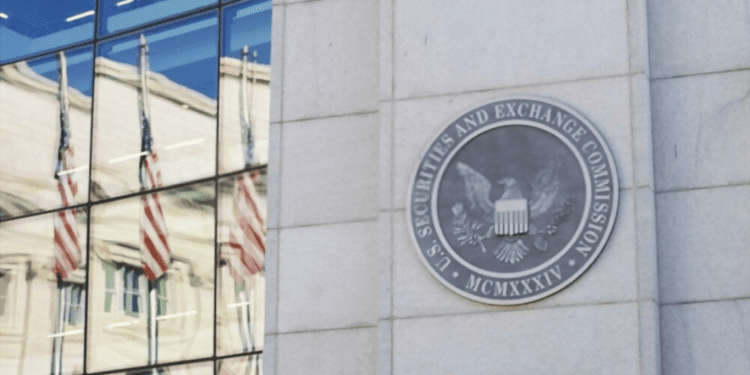- XRP-friendly lawyer says Ripple may consider new settlement terms in the ongoin SEC v. Ripple lawsuit.
- The lawyer John Deaton pointed out that the terms of a potential settlement would depend on the specifics of the court’s ruling.
- The crypto community is keeping a close watch on the events unfolding in the case while anticipating a favorable result for Ripple and XRP.
On May 2, pro-Ripple lawyer John Deaton responded to a question that many were asking about why San Francisco-based blockchain company Ripple would want to settle if they win big. According to Deaton, who has been closely monitoring the case, the company may contemplate new settlement conditions in light of the ongoing legal proceedings.
Ripple’s Potential Settlement Conditions and Strategic Response
The XRP-friendly lawyer, recognized for his supportive position towards XRP, explored several possibilities that could influence Ripple’s choice to settle. The lawyer emphasized that the provisions of a probable settlement would be subject to the particulars of the court’s decision.
Deaton highlighted essential factors to contemplate, including whether significant cryptocurrency exchanges such as Coinbase and Kraken would promptly re-introduce XRP or hold off until a potential appeal by the U.S. Securities and Exchange Commission (SEC), as well as whether Bank of America, a partner of Ripple, would approve of the choice or choose to wait and see if Judge Torres’ verdict is overturned if the SEC decides to appeal. The lawyer highlighted that the SEC could file a notification of appeal and later retract it, leaving opportunities for additional discussions.
The lawyer, with a positive view of XRP, also referred to a theoretical scenario in which the SEC would decide not to appeal if Ripple made a $50 million payment as a settlement and was guaranteed that any forthcoming sales of XRP would not be categorized as securities. If this were to happen, the lawyer thinks that the blockchain company’s CEO, Brad Garlinghouse, would readily agree to the settlement since it would bring assurance and immediate liquidity to the U.S. market.
Deaton said:
“If the SEC told Ripple it would issue a statement that all future sales of #XRP are not securities (not saying it would) and not appeal if Ripple agrees to pay $50M, I believe the certainty and immediate return of liquidity to the U.S., makes @bgarlinghouse ✍️ a check in seconds.”
Suppose the verdict of Judge Torres supports Ripple’s position and reinstates liquidity in the U.S. market without causing any concerns for businesses regarding the SEC’s actions. In that case, Ripple might be less likely to pursue a settlement.
This conversation occurred in the wake of recent speculations about a secret meeting held between Ripple and the SEC. On May 1, Blockchain Daily carried to Twitter saying:
“Just in: Reportedly Ripple and SEC to hold an undisclosed meeting on May 8th- unconfirmed source.”
Eleanor Terretta, a Fox Business reporter, has subsequently dismissed these allegations.
In December 2020, Ripple was sued by the SEC, resulting in a significant decline in the value of the XRP cross-border remittance token. The crux of the SEC’s case against Ripple pertains to the sale of XRP tokens, which the agency contends are unregistered securities. Ripple has been contesting these accusations, asserting that XRP is a form of digital currency rather than a guarantee.
Ripple-SEC legal battle and its implications for XRP’s future
Undoubtedly, Ripple’s tactical reaction to the various possible verdicts will play a critical role in shaping the future of XRP and its association with U.S. regulatory authorities.
The crypto sphere is closely watching the events unfolding in the case, with numerous individuals anticipating a favorable result for Ripple and XRP. Some XRP advocates have initiated a grassroots movement to sway the case’s outcome, with several sending letters to SEC Chairman Gary Gensler and other officials urging them to dismiss the lawsuit.
A settlement or a favorable court ruling will likely assist in reviving market liquidity and bringing XRP back into the mainstream. Everyone has focused on the legal conflict between Ripple and the SEC and its potential repercussions on the broader crypto industry.














